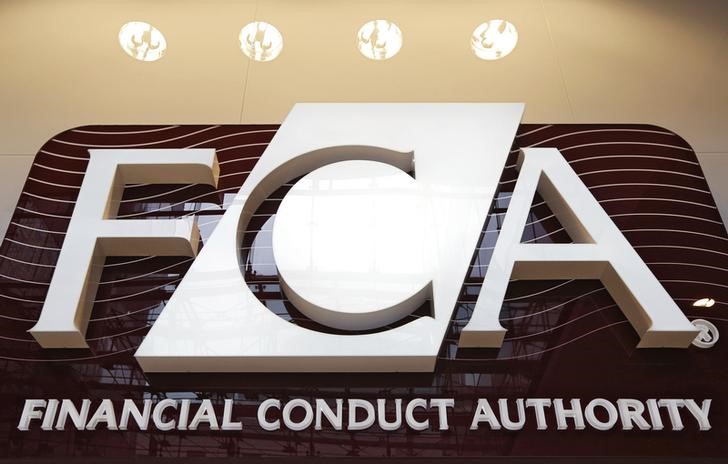By Huw Jones
LONDON (Reuters) - A global derivatives industry body said on Wednesday it would try again to find consensus on helping regulators ditch the tarnished Libor benchmark - but only after regulators spell out exactly what they have in mind.
Investment banks have been fined billions of dollars for trying to rig Libor, or the London Interbank Offered Rate, an interest rate benchmark used to price contracts worth about $300 trillion from home loans to credit cards.
Regulators like the Financial Conduct Authority in Britain want markets to stop using Libor by the end of 2021 and switch to "safer" or less easily rigged alternatives, like the Bank of England's Sonia rate, or Sofr compiled by the Federal Reserve.
Ditching Libor is one of the biggest changes ever undertaken by markets.
The Financial Stability Board (FSB) of regulators and central bankers from the world's main financial centers, wants the derivatives industry to insert a mandatory "fallback" clause into swaps contracts that still reference Libor.
This would mean a mandatory switch from Libor if Britain's Financial Conduct Authority ruled that it was no longer "representative" even though it was still being published, or if Libor permanently ceased to exist on or after the end of 2021.
The derivatives industry, however, lacks consensus on how to deal with Libor becoming unrepresentative.
Last month the FSB called on ISDA, a global derivatives industry body, to try again to find agreement on such a "fallback" to include in contracts and combine it with a fallback for a Libor ending permanently.
ISDA told the FSB in a letter on Wednesday that it would consult its members again "once the market has the benefit of appropriate clarity" from regulators and clearing houses on two points.
The letter to FCA Chief Executive Andrew Bailey and Federal Reserve of New York President John Williams (NYSE:WMB) said industry wants the FCA and ICE (NYSE:ICE) Benchmark, which compiles Libor, to confirm that an unrepresentative Libor would only be published for a minimal period, meaning a number of months and not years.
ISDA also wants "definitive confirmation" from clearing houses that if Libor becomes unrepresentative, they will change their entire portfolio of cleared derivatives to reference a safer rate.
ISDA made clear, however, it would still need a "strong majority" of market participants given that changing contractual terms is voluntary and needs the consent of both parties in the first place.
In the meantime, ISDA said it would press on with completing by the end of this year its fallback for dealing with a permanent cessation of Libor, with implementation in the first half of 2020.
